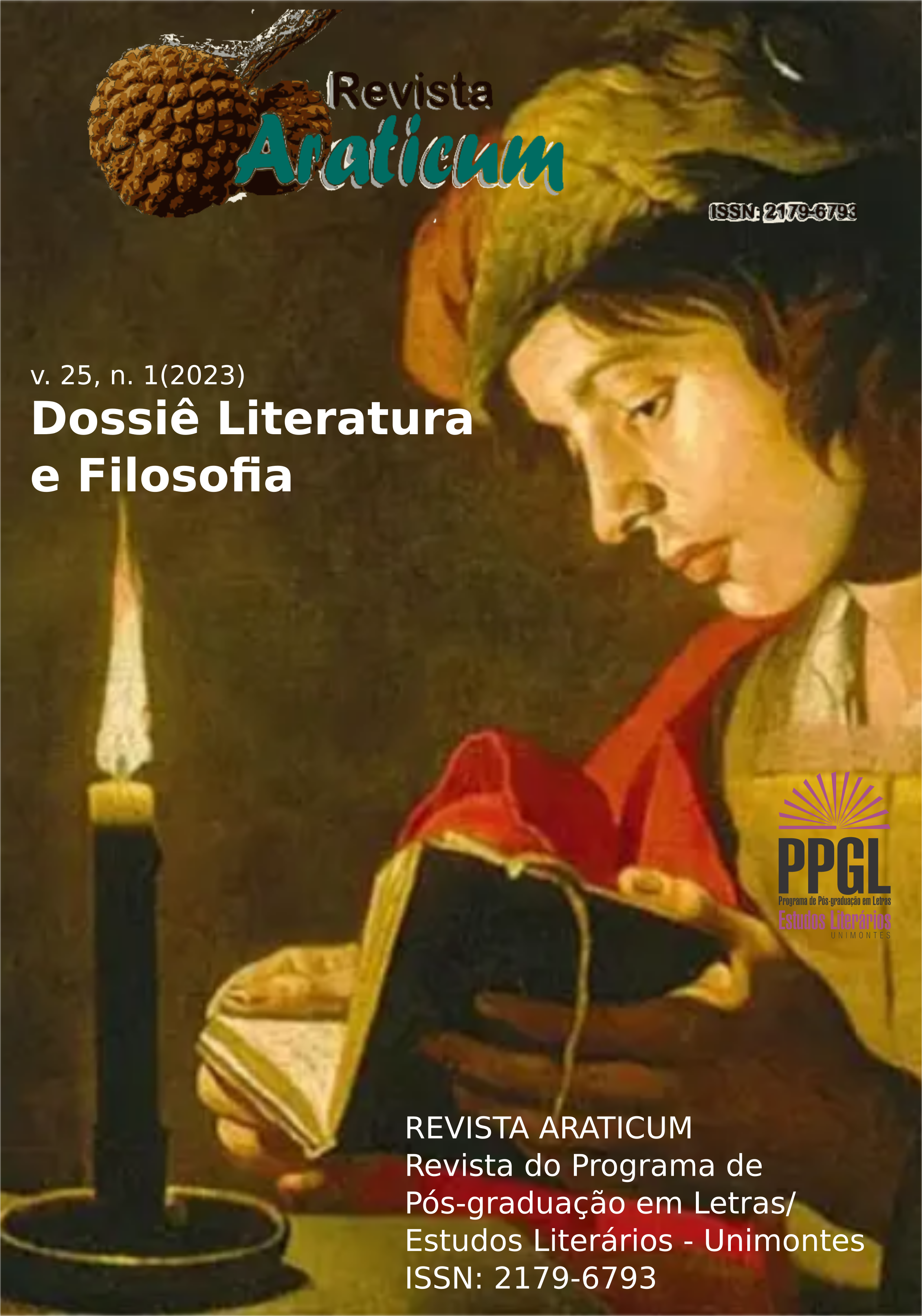The Totalitarianism in the Distopy A Segunda Pátria, by Miguel Sanches Neto
DOI:
https://doi.org/10.46551/issn2179-6793RA2023v25n1_a10Keywords:
Totalitarismo, Distopia, Romance, Filosofia política, LiteraturaAbstract
This paper characterized the operation of totalitarianism and elucidated the theoretical transposition about totalitarianism to the novel A Segunda Pátria, by Miguel Sanches Neto. Therefore, the question that motivated this research was: “How does the characterization of totalitarianism happen in A Segunda Pátria?”. It was a basic and qualitative research and the inductive method was used. Furthermore, the main theoretical basis utilized to the analysis were the studies of the political philosopher Hannah Arendt (2013;1999). In conclusion, it was possible to correlate the typification of totalitarianism with the government described in the literary work.
Downloads
References
ARENDT, Hannah. Eichmann em Jerusalém: Um Relato Sobre a Banalidade do Mal. Tradução de José Rubens Siqueira. São Paulo: Companhia das Letras, 1999.
ARENDT, Hannah. Origens do Totalitarismo: Antissemitismo, Imperialismo, Totalitarismo. Tradução de Roberto Raposo. São Paulo: Companhia de Bolso, 2013.
DOMENACH, Jean-Marie. A Propaganda Política. São Paulo: Ridendo Castigat Mores, 2001.
FOUCAULT, Michel. Vigiar e Punir. Tradução de Raquel Ramalhete. 20. ed. Petrópolis: Vozes, 1999.
FREUD, Sigmund. Psicologia das Massas e Análise do Eu e Outros Textos. v. 15. Tradução de Paulo César de Souza. São Paulo: Companhia das Letras, 2011.
LE BON, Gustave. Psicologia das Multidões. Portugal: Delraux, 1980.
NETO, Miguel Sanches. A Segunda Pátria. Rio de Janeiro: Intrínseca, 2015.
TCHAKHOTINE, Sergei. A Violação das Massas pela Propaganda Política. Tradução de Miguel Arraes. São Paulo: Ridendo Castigat Mores, 2002.







